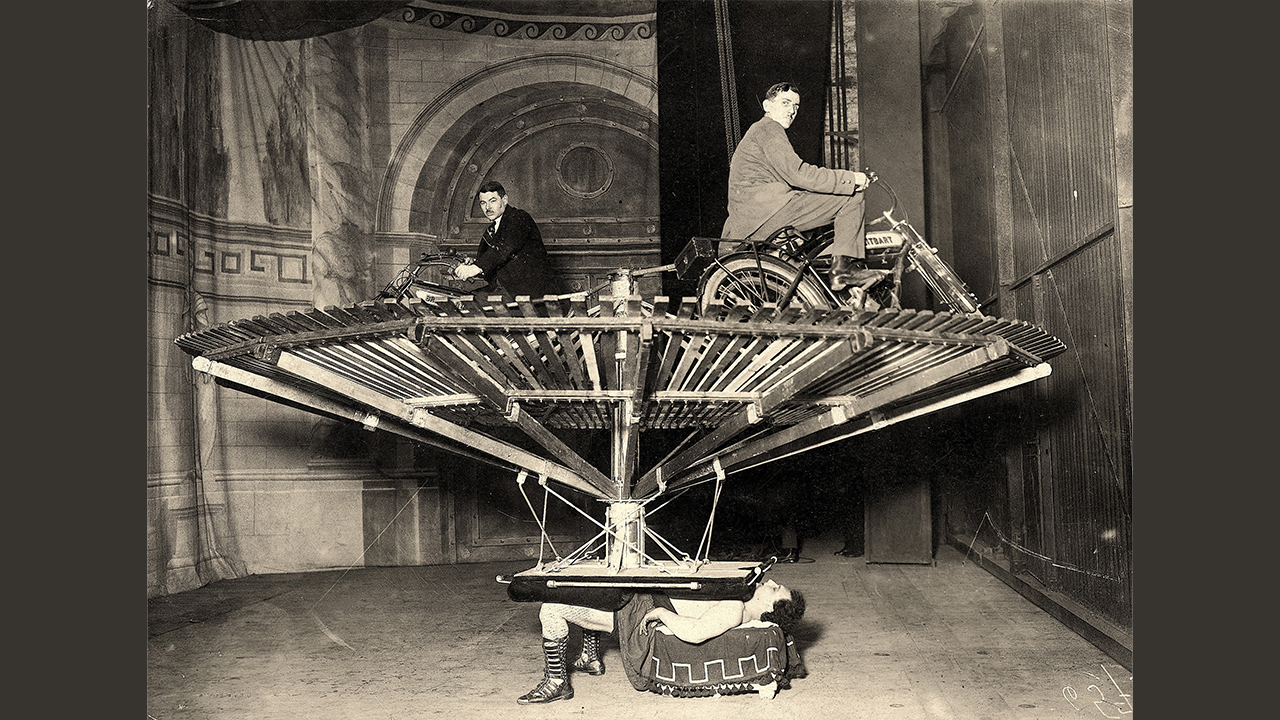The Dubious Art of Death Cleaning
May 18, 2023

“Babe, what did you do with that tub of Mom’s soap?” my husband calls.
“Haven’t you gone through it yet?” Jo died two years ago, and we absorbed, along with the loss, a lot of the little things that carried her from day to day. She always kept a sizeable inventory of what was important, and soap was high on that list.
“No, I started with the new bars,” he said, coming downstairs. “But she had all that unboxed soap, too—I think she used it in her drawers for the scent. Remember?”
A note of suspicion has entered his voice. I do not think (would I tell you if I did?) that I threw away that mysteriously large trove of unboxed soap—though we both know I would have been tempted. Andrew is the one who will spend an entire evening mending a sock with five gaping holes, his head bent close to the fraying wool. I say things like, “It’s not worth the effort.” “We can get more if we need to.” “They’re already old, love.” I have hurled perfectly good and usable objects into the trash simply because I needed to be rid of them; my life felt junked-up, and all that stuff was sucking air from the house.
This trait worries me. We live in a throwaway society I would far rather criticize than echo. But pitching can feel like bailing water. I tend to pile too much into the little dinghy that is my life, and if I do not keep order, it will sink me. Enough must be cleared from my field of vision that I can concentrate, find what I need, focus on what matters. I even love crunching icons in my laptop’s trash can, which is now virtue-signaling by calling itself a Recycle Bin. (Seriously? Is somebody reusing my rough drafts?)
The soap, though. The soap matters more than Andrew is admitting. Grief hits like this, ambushes you two years later when you cannot find the soap that touched skin your mother always scrubbed fresh. I squeeze my eyes shut and try to remember where the tub could be. There was so much stuff, after she died. We honored the advice of a devout Jewish friend and left it all piled in the dining room until sadness’s grip began to loosen. Then we drew a deep breath and dove in. It was a military operation just sorting, storing, and donating.
At least Jo’s tastes were simple. I have friends with exquisite silver, china, and carved mahogany, and they are crestfallen because none of their heirs want any of it. They sigh and order The Gentle Art of Swedish Death Cleaning: How to Free Yourself and Your Family From a Lifetime of Clutter. But the advice is hard to take. Though throwing something away seems the height of nonchalance, it makes a statement. It says this is useless, used up, of no value. Why else would Marie Kondo have enraged so many of us? Yet—her point—hanging on to stuff means it will accumulate, tangle, trip us, weigh down the next generation.
Objects are so odd. The soap itself was a puzzle, which is why I remember it clearly. She had carefully rewrapped some of those bars; why not finish them? Was it a comfort to tuck them away instead? Or maybe they belonged to someone else, and she saved them? No matter how lousy she felt by then, how precarious her balance, Jo would have grabbed unwanted soap rather than let it melt into the drain.
This is why too much death cleaning might be a mistake. “I often ask myself, Will anyone I know be happier if I save this?” writes Margareta Magnusson. But Jo was not saving that soap for posterity. She was living. The first question she asked after any medical procedure was how soon she could shower. Her favorite present to give or receive was scented soap or lotion. “A loved one wishes to inherit nice things from you,” Magnusson writes. “Not all things from you.” But soap is nice. And the stuff that is formally nice, the jewelry or money or sterling, reveals far less.
In the slog of cleaning out the most intimate possessions of someone you loved, you remember who they were, what habits anchored them, what delighted them, what mattered to them. You slam headfirst into their contradictions, like that goofy little trinket music box cherished by a woman who despised clutter and called other such objects “dust collectors.”
You use, as best you can, much of what they saved. Or you go a little crazy realizing that you have lost it, because the real loss was so much greater.
Read more by Jeannette Cooperman here.





